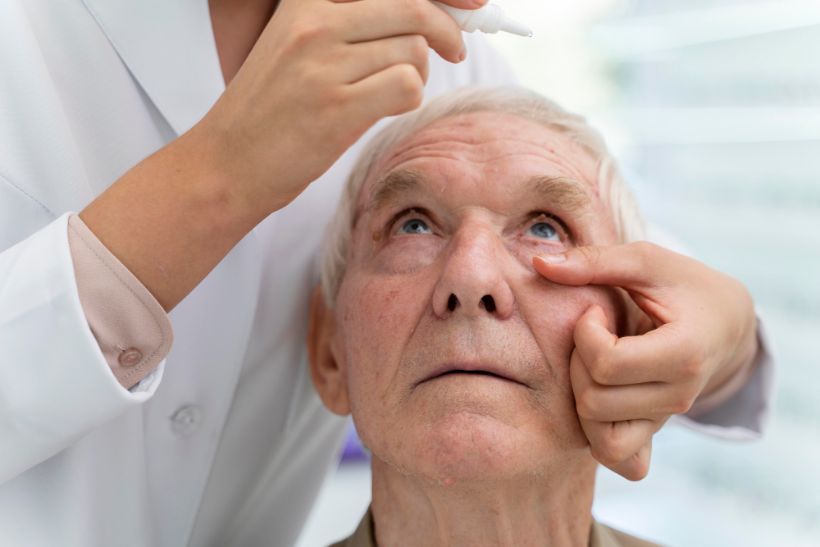Many people swim to keep cool during the summer months. Outdoor swimming pools are more susceptible to contamination for a variety of reasons. Windblown debris and dirt can affect water quality. As can unsanitary water sources, like rain, that contain algae. Bird droppings can also find their way into the pool. While indoor pools are cleaner than outdoor ones, people can still bring dirt and other contaminants into the water. Swimmers contaminate the water with sweat, sun screen, cosmetics, saliva, urine, and fecal matter. Even with filters and chlorine, swimming pools can still have germs that make people sick. Here are a few things you can do to ensure you that you and other swimmers avoid contracting any pool illnesses:
Cryptosporidiosis
If you’ve had Cryptosporidiosis, avoid swimming for a week after your diarrhea is gone to prevent spreading it.
Swallow swimming pool water
Don’t swallow the water. Pathogens that cause diarrhea illness in swimmers can be transferred through the mouth. We do not drink the water we bath in since it contains all the dirt from our bodies, so why would we drink our swimming water?
Swimmer’s ear fever chills
Keep your ears as dry as possible when you swim, and dry your ears after swimming. Most experts recommend using ear protection like swim caps or earplugs to prevent ear infections. You can eliminate water from your ears by pulling the earlobe in different directions while you are faced down. Medication should be used for people who contract an ear illness due to swimming. Contact your doctor to see what medication is right for you.
Open wound swimming pool
Don’t swim when you have open wounds. Avoid swimming with an open wound to prevent infection. If you must swim, a great option to protect your wound is by using a waterproof bandage to cover the wound and protect it from infection.







